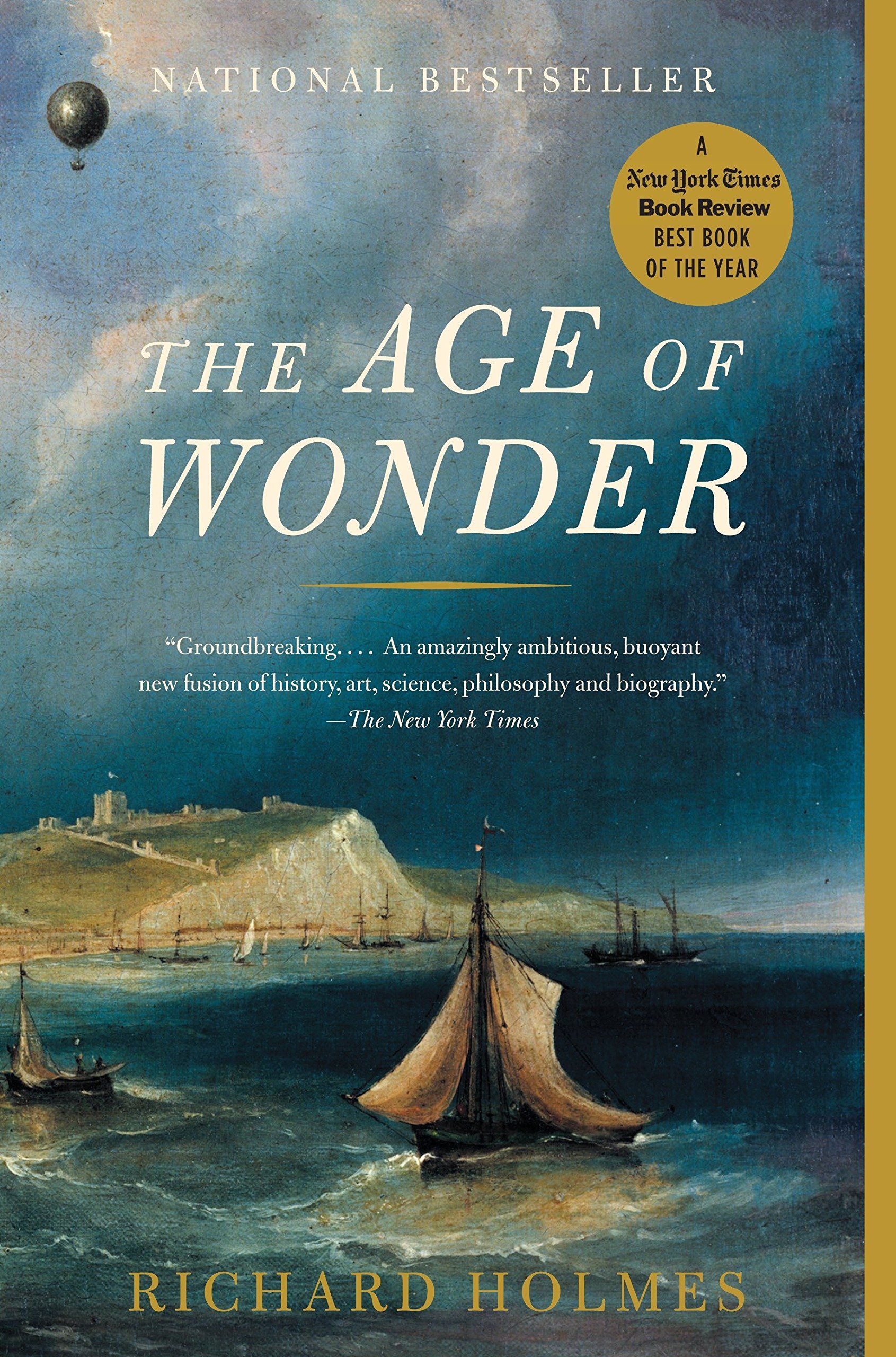Age of Wonder


At GDevCon, Allen and I were talking about books we’d recently read and I was reminded about a book that I read last year called “Age of Wonder”. A friend had given it to me 5 years ago when I moved from Pittsburgh to Denver and it took a few years for me to finally pick it up.
This book covers Europe in the early 1800s. It talks about science, art, exploration, and religion and their intersection. The tale centers around the British Royal Society. It is really a fascinating read.
Any sufficiently advanced technology is indistinguishable from magic.
Arthur C. Clark
Here are just some of the topics that the book discusses:
- Exploration – Joseph Banks in Tahiti and Mungo Park in Africa
- Astronomy – Sir John Herschel and his sister Caroline and their many observations and advancements in telescope design. It also covers musings about life on the moon.
- Hot Air Balloons – It talks about the rivalry between the French and English and hot air balloons versus hydrogen balloons.
- Chemistry – Humphry Davy’s discovery of nitrous oxide and his work creating explosion- proof lamps for coal miners.
- Electricity – Faraday’s adventures. Galvanism/Mesmerism
- Literature – Lord Byron, Coleridge and Mary and Percy Shelley
- Religion – Mesmerism/Galvanism and the reaction of the religious community.
The best part of the book is how all of these topics we nowadays think of as disparate came together and influenced each other. It was also interesting to think about what it must have been like to discover these things for the first time.
I feel like we as a society have kind of lost our sense of wonder. We’ve become so accustomed to technology that we expect it to be able to solve all our problems. It was interesting to see a glimpse of world where that wonder still exists.
The most beautiful emotion we can experience is the mystical. It is the power of all true art and science. He to whom this emotion is a stranger, who can no longer wonder and stand rapt in awe, is as good as dead. To know that what is impenetrable to us really exists, manifesting itself as the highest wisdom and the most radiant beauty, which our dull faculties can comprehend only in their most primitive forms — this knowledge, this feeling, is at the center of true religiousness. In this sense, and in this sense only, I belong to the rank of devoutly religious men.
Albert Einstein